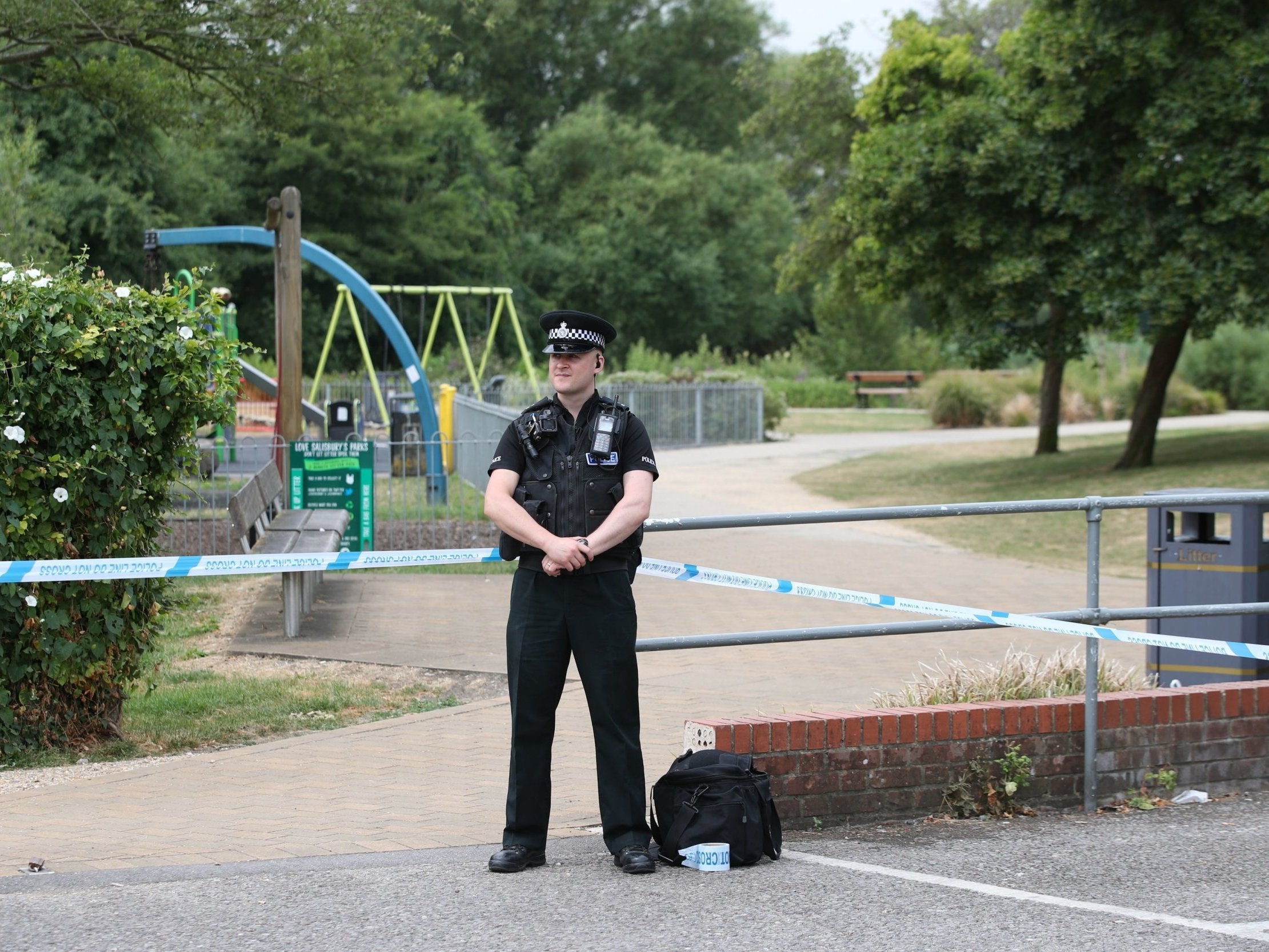Amesbury: What is a major incident and why are they declared?
Status invoked in cases with potentially 'serious consequences' to help coordinate multiple organisations

Your support helps us to tell the story
From reproductive rights to climate change to Big Tech, The Independent is on the ground when the story is developing. Whether it's investigating the financials of Elon Musk's pro-Trump PAC or producing our latest documentary, 'The A Word', which shines a light on the American women fighting for reproductive rights, we know how important it is to parse out the facts from the messaging.
At such a critical moment in US history, we need reporters on the ground. Your donation allows us to keep sending journalists to speak to both sides of the story.
The Independent is trusted by Americans across the entire political spectrum. And unlike many other quality news outlets, we choose not to lock Americans out of our reporting and analysis with paywalls. We believe quality journalism should be available to everyone, paid for by those who can afford it.
Your support makes all the difference.Emergency services have cordoned off a number of areas in Amesbury, Wiltshire, after two people were found collapsed following suspected exposure to an unknown substance which police have declared a “major incident”.
Initially officers believed the pair fell ill after taking a “contaminated batch” of heroin or crack cocaine, but it has not been identified and emergency protocols used in the aftermath of a nerve agent attack in nearby Salisbury are in place, including drafting in counterterror police who are now working on the investigation.
Major incidents are declared at the discretion of local services, but are invoked to manage emergencies “with a range of serious consequences which require special arrangements”, according to the Joint Emergency Services Interoperability Programme.
These usually require coordination across some or all of the emergency services, the NHS and local authorities and significant additional resources.
A Wiltshire police major incident planning document, which includes plans for a plane crash in the town, says it could involve a large number of casualties, large numbers of people, lots of media enquiries and large scale resources.
In Amesbury the response has already involved the local hospital, ambulance service and fire service as part of the police investigation and haz-mat [hazardous materials] response.
The authorised professional practice guide of the College of Policing says a major incident may last for several days and usually requires the adoption of a "Gold tier" command and control structure.
This top tier, also known as strategic command, is for those who coordinate the response across all the emergency services, usually led by the police commander.
The strategic coordinating group will consider what equipment should be deployed, and what legal powers could be enforced.
It also gives the officers in charge control of budgets and enables them to move resources between the different groups involved.
Wiltshire Police recently declared another major incident in Salisbury, the town where former Russian military officer Sergei Skripal and his daughter, Yulia, were victim of a nerve agent attack.
The Amesbury pair are now in Salisbury District Hospital where the Skripals were treated and while police said it was “not clear if a crime has been committed”, the precautions used in the latest case are similar.
Areas they visited that day, including Amesbury Baptist Church, which was hosting a family fun day, and the Queen Elizabeth Gardens, are cordoned off.
A decontamination shower has also been brought in, according to Dorset and Wiltshire Fire and Rescue Service.
Angus Macpherson, police and crime commissioner for Wiltshire, said there was no reason to think it was “in any way connected to the Skripal case at this moment".
He told the BBC: “I haven’t seen anything in this incident yet that I would consider to be an overreaction, it all seems fairly textbook.”
More recently fires on Winter Hill and Saddleworth Moor in Lancashire and Greater Manchester became a major incident with the army called in to assist fire services to prevent further damage and loss of life.